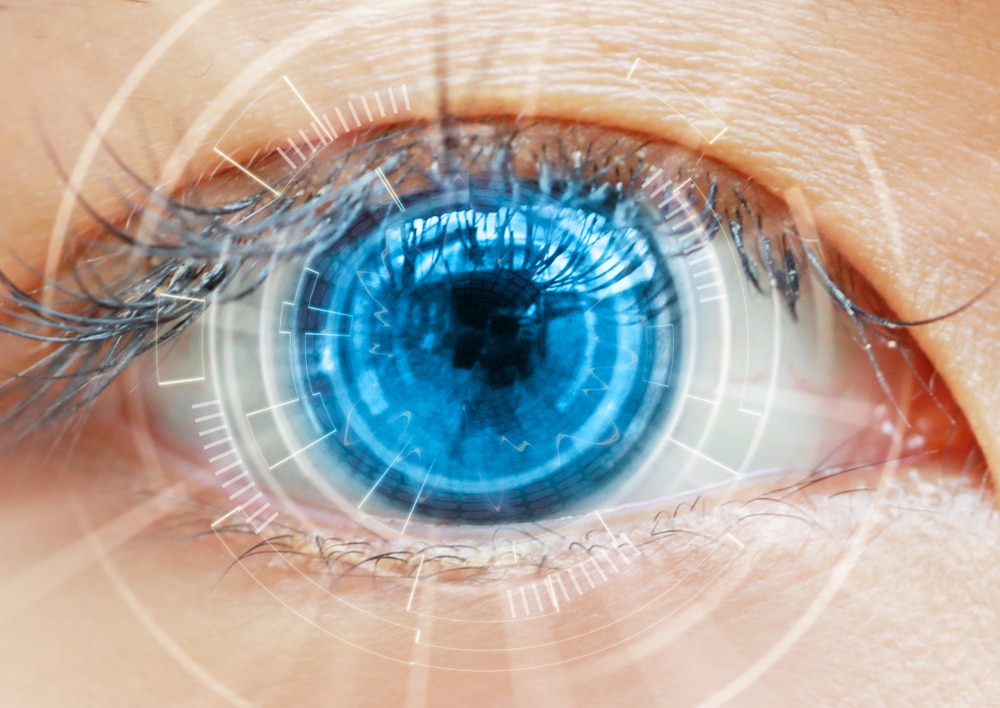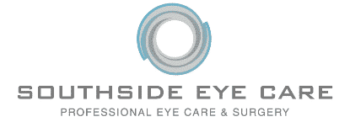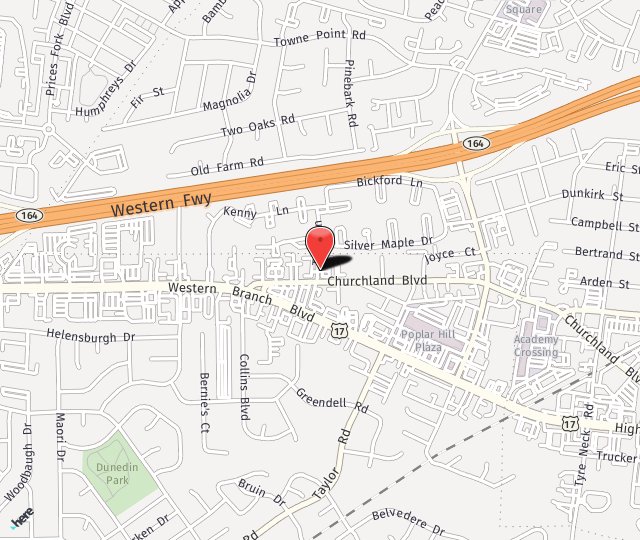The experienced doctors at Southside Eye Center are committed to improving our patients' eyesight as well as their quality of living. When cataracts develop, they can gradually rob you of your clear, crisp vision. Over time, you may feel that you must curtail your normal activities. As this time comes, it's important to know that you have options that can work very quickly and effectively to restore your vision.

Cataract removal is one of the most commonly performed eye procedures, and one that our doctors perform regularly. Understanding that traditional cataract removal can carry the burden of significant aftercare, we are excited to offer dropless cataract surgery at our Chesapeake, VA office. If you would like to know more about how we can help you address cataracts, contact us at 757-484-0101.
What is Drop-Less Cataract Surgery?
Typically, patients who undergo cataract removal have to apply eye drops for approximately one month after their procedure. The purpose of this post-op care is to prevent infection in the eye as it heals. Due to the number of eye drops used daily, this can feel more than a little inconvenient. It can also be costly. Dropless cataract surgery is an innovative technique in which the doctor inserts antibiotic medication into the eye during the surgical procedure, eliminating the need for eyedrop use during recovery.
What are the Advantages of Drop-Less Cataract Surgery?
Dropless cataract surgery is often explored due to the convenience that it brings to post-op care for cataract patients. According to studies, the chances of needing post-operative eye drops are reduced by 95 percent when antibiotic medication is applied intraoperatively. Additional advantages of the dropless cataract removal technique include an even lower risk of infection and a lower risk of side effects on the ocular surface caused by eye drops.
Are there Side Effects Associated with Drop-Less Cataract Surgery?
To eliminate the need for eye drops after cataract removal, the doctor administers TriMoxi into the vitreous space at the time of cataract removal. This combination of triamcinolone (steroid) and moxifloxacin (antibiotic) is a once-and-done alternative to the handful of prescription eye drops that have historically been needed after cataract removal. While safe and convenient, TriMoxi is not without potential side effects.
The side effects that are possible after dropless cataract surgery include the development of floaters, blurred vision, and cloudiness. In some cases, vision may become significantly blurry right after surgery. For this reason, your doctor may advise you to arrange to have someone drive you home from your cataract procedure. Blurred vision as well as floaters and clouding may last up to a few weeks but are expected to resolve as the eye heals.
A day or two after your dropless cataract removal, you'll return to the office for an eye exam. At this visit, your doctor will determine whether or not you may benefit from a short course of eye drop therapy.
Who Is a Good Candidate for Dropless Cataract Surgery?
Due to the unique approach of dropless cataract surgery, dropless cataract surgery can be convenient, but the procedure may not be for everyone. Before undergoing treatment, you must be considered a good candidate first.
You are a good candidate if you meet the following:
- Your eyes are in good health.
- You have a low risk of infection.
- You have no contraindications.
- You are willing to commit to the doctor’s post-operative instructions.
- You are giving informed consent about the potential benefits and risks.
- You have realistic expectations regarding the procedure.
Who Are Not Good Candidates For Dropless Cataract Surgery?
Although dropless cataract surgery is generally safe, there are factors that can disqualify you from being a good candidate for the procedure.
One of our qualified healthcare providers will carefully assess your medical history and your eyes' current condition to determine whether you are a good candidate for dropless cataract surgery.
Is Dropless Cataract Surgery Safe?
Yes, dropless cataract surgery is safe to have as long as you have no contraindications. According to the National Institute of Health, uncorrected visual acuity was achieved in 96 percent of patients. However, it is important to fully understand the risks and possible complications before undergoing treatment.
Is Dropless Cataract Surgery Covered by Insurance?
Coverage for dropless cataract surgery depends on your provider and the policy you currently hold. Before scheduling an appointment, it is recommended you contact your insurance company to check whether or not you will be covered for the operation.
Will I Still Need to Use Eye Drops After Dropless Cataract Surgery?
Although the point of dropless cataract surgery is to prevent the need to use eye drops, every case is different. Some patients may still need to use lubricating eye drops following the procedure. One of our team members will give you instructions based on your medical needs.
How Do I Prepare for Dropless Cataract Surgery?
Preparing for dropless cataract surgery involves a few steps to ensure a smooth, successful procedure.
- Pre-surgery consultation: Your doctor will review your medical history, perform a thorough eye exam, and learn about any medications you take.
- Arrange for transportation: You won’t be able to drive immediately after the procedure, so enlist a trusted individual to help you.
- Follow any specific instructions: Avoiding food or drinks before surgery will help maximize your comfort and safety on the day of your procedure.
Are There Any Lifestyle Restrictions After Dropless Cataract Surgery?
While dropless cataract surgery reduces the need for post-operative eye drops, you must still follow a few lifestyle adjustments for proper healing.
- For the first week, avoid heavy lifting, bending over, or strenuous activities that could put pressure on the eyes.
- Protect your eyes from water to minimize the risk of infection. Refrain from swimming or using hot tubs.
- Wear sunglasses outdoors to protect against bright light and UV exposure.
Your doctor will provide personalized instructions and a timeline for resuming daily activities like driving and exercising.
Recovery After Dropless Cataract Surgery
Recovery after dropless cataract surgery is typically smoother and quicker than traditional cataract surgery with eye drops. Most patients experience improved vision within a few days, although full healing can take a few weeks. The advanced medication delivered during surgery reduces the risk of inflammation and infection, making follow-up care more convenient and hassle-free.
Mild discomfort, itching, or light sensitivity are common in the initial days but are generally temporary. Attending scheduled follow-up appointments allows your doctor to monitor healing and make any necessary adjustments to ensure optimal outcomes.
Why Choose Southside Eye Care for Dropless Cataract Surgery
At Southside Eye Care, we are committed to delivering exceptional patient-centered care. Our dropless cataract surgery is a testament to this dedication, offering a streamlined and convenient alternative to traditional post-operative eye drops. With board-certified ophthalmologists like Dr. Michael Keverline leading the way, patients benefit from decades of expertise in cataract surgery, minimally invasive glaucoma treatments, and comprehensive vision care. Our skilled team of technicians—supported by ongoing certification from the Joint Commission on the Accreditation of Healthcare Personnel in Ophthalmology (JCHAPO)—ensures that every procedure is performed with precision and care.
Choosing Southside Eye Care also means accessing a full range of resources to support your eye health journey. From routine eye exams to specialized consultations for conditions like diabetes, glaucoma, and refractive errors, we offer a comprehensive suite of services in one convenient location. For post-surgery vision needs, our in-house Optical Shoppe provides access to high-quality frames from top brands, guided by licensed opticians who prioritize function and style. When you trust us with your vision, you are choosing a practice with a proven track record of clinical excellence, compassionate care, and a commitment to helping you achieve your best possible vision.
Schedule an Appointment
If you are interested in receiving dropless cataract surgery or would like to know more, Southside Eye Care is here to help. Contact us at 757-484-0101 to schedule an appointment today.

